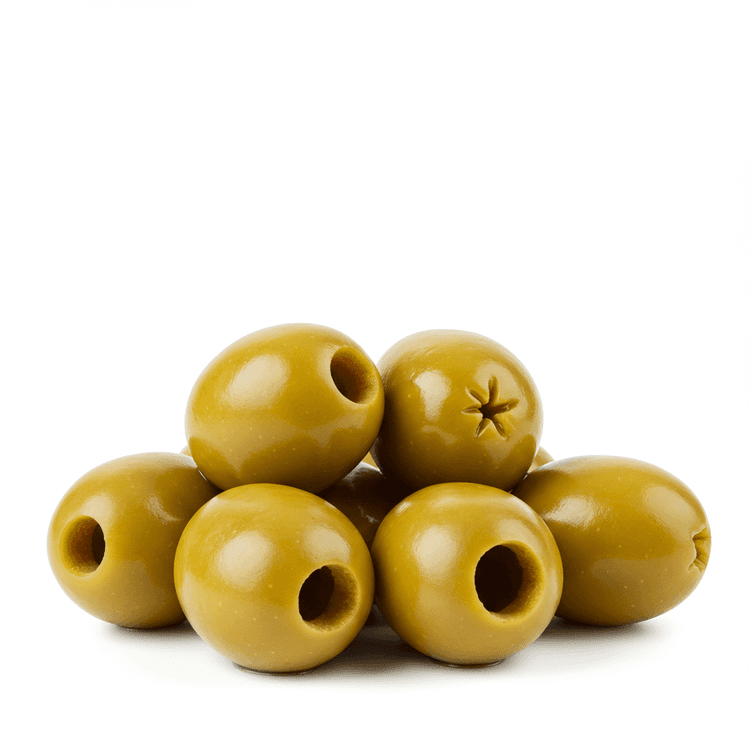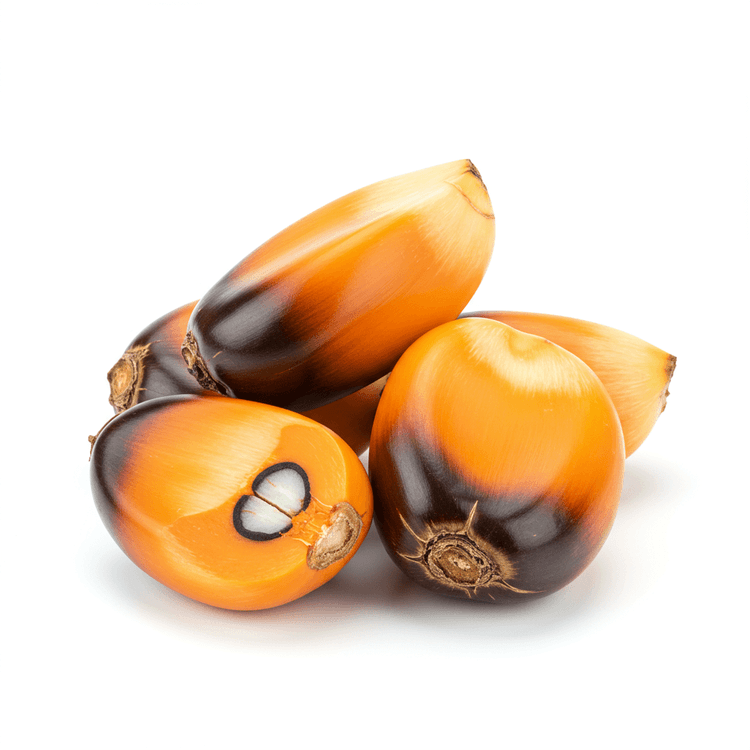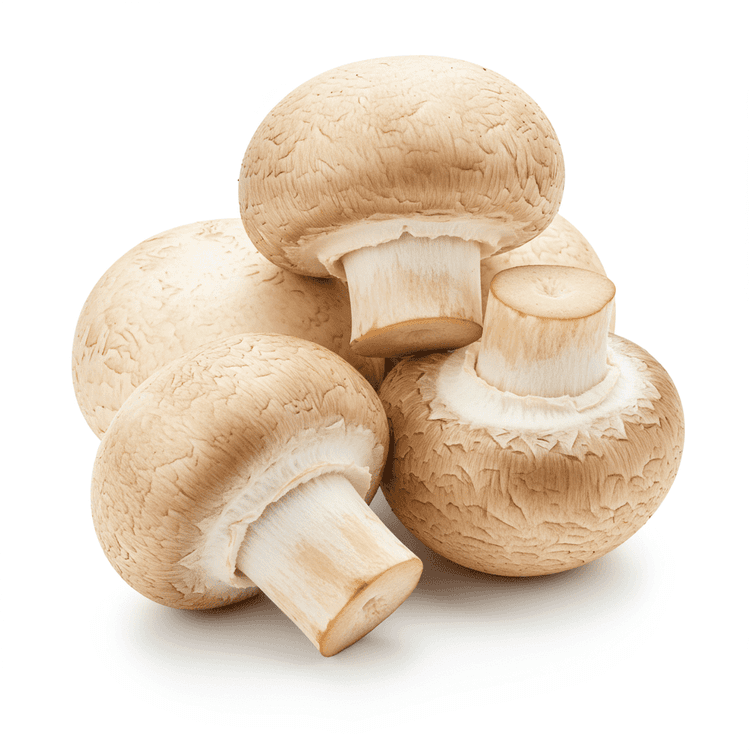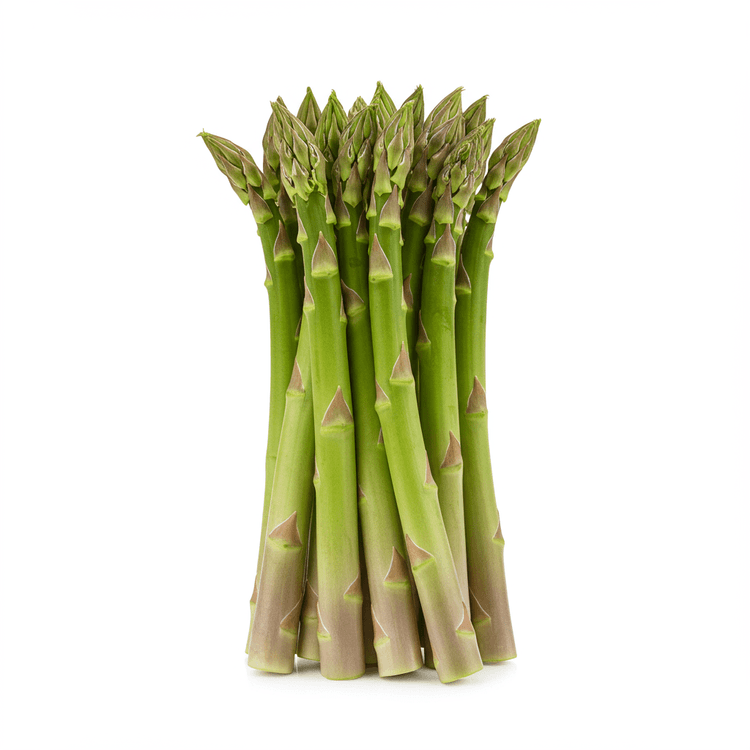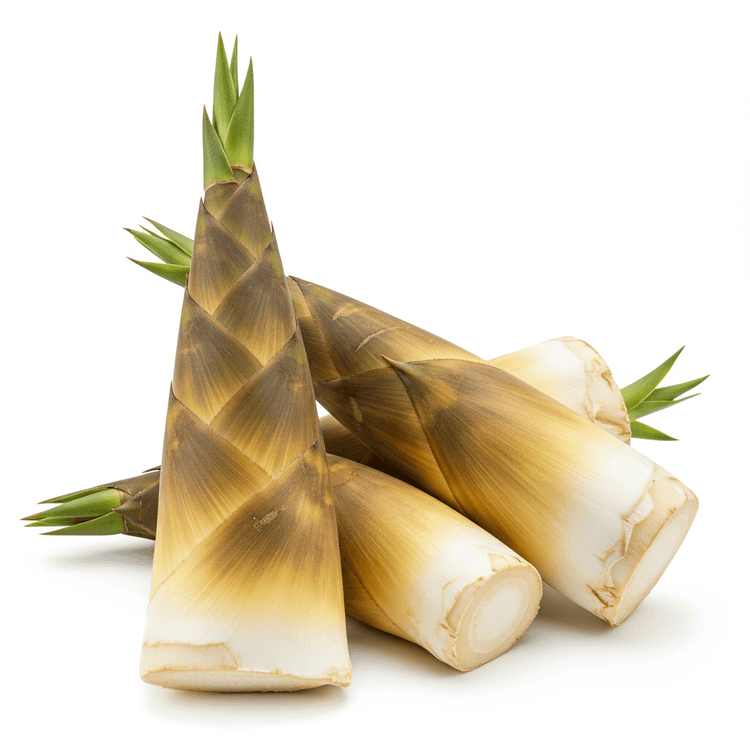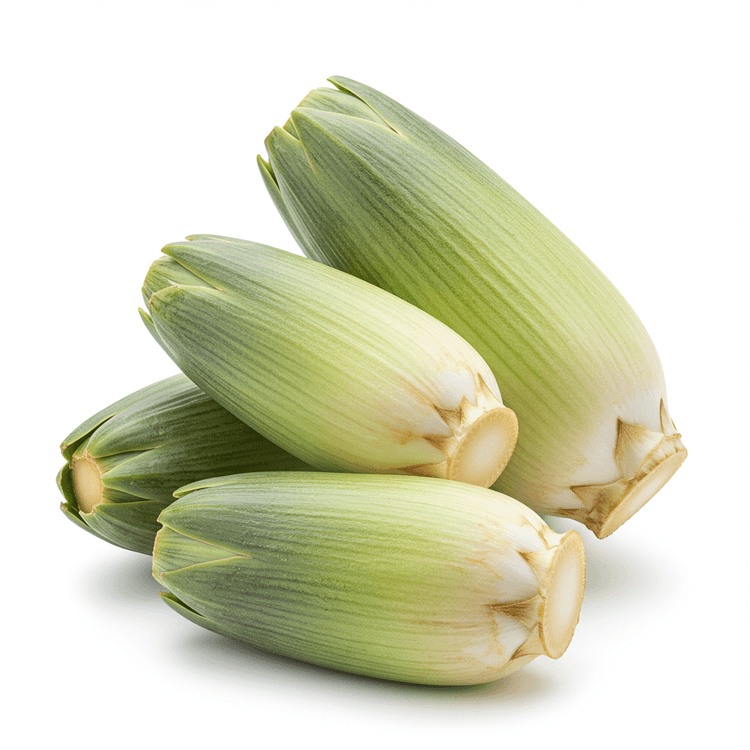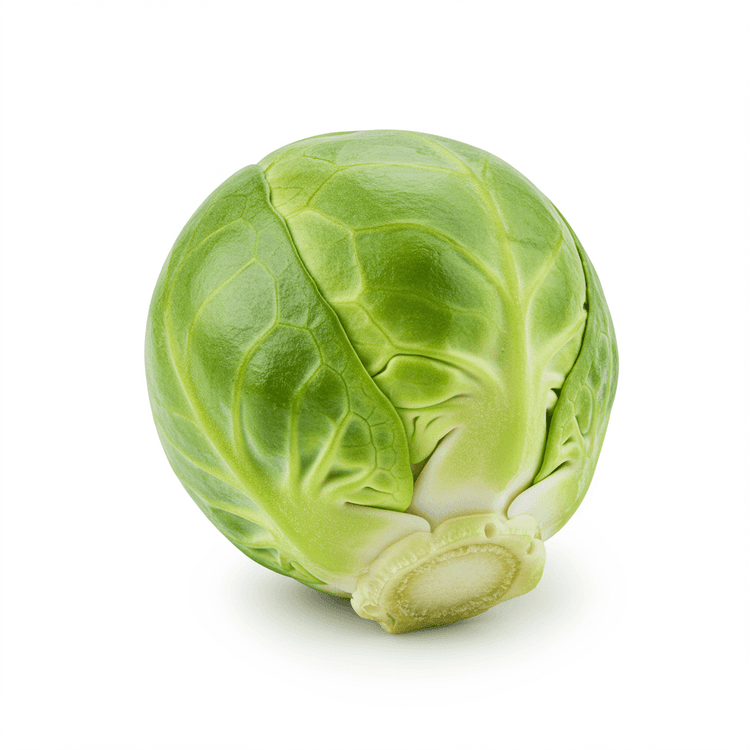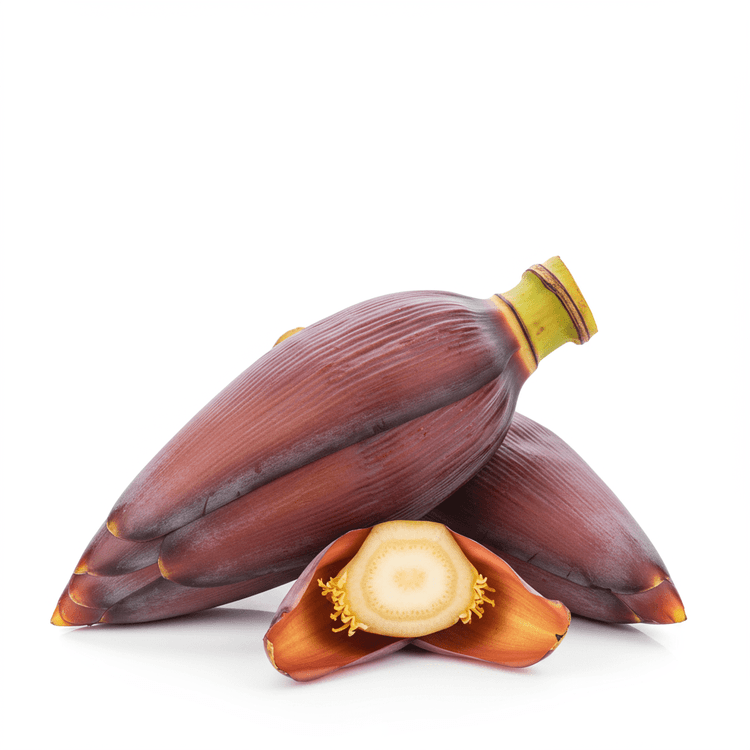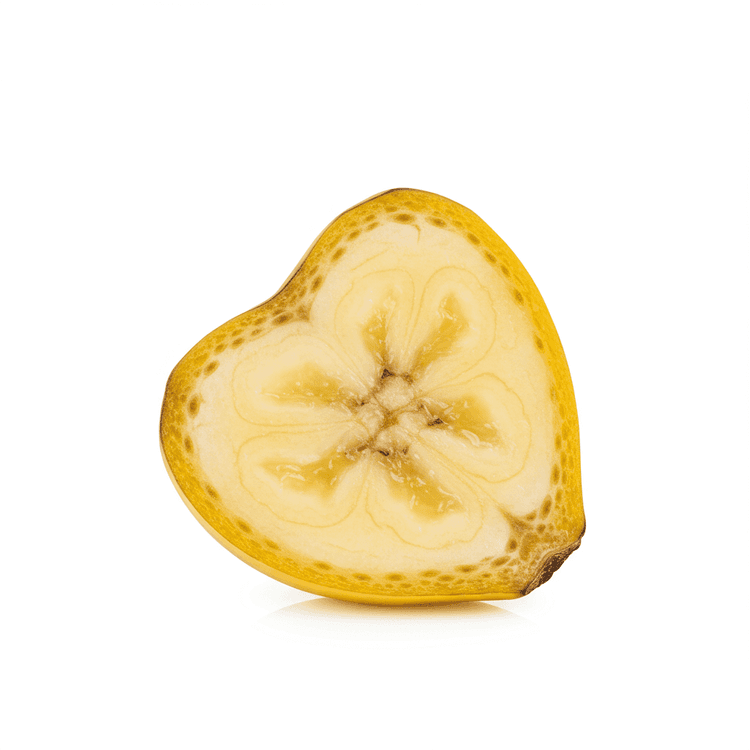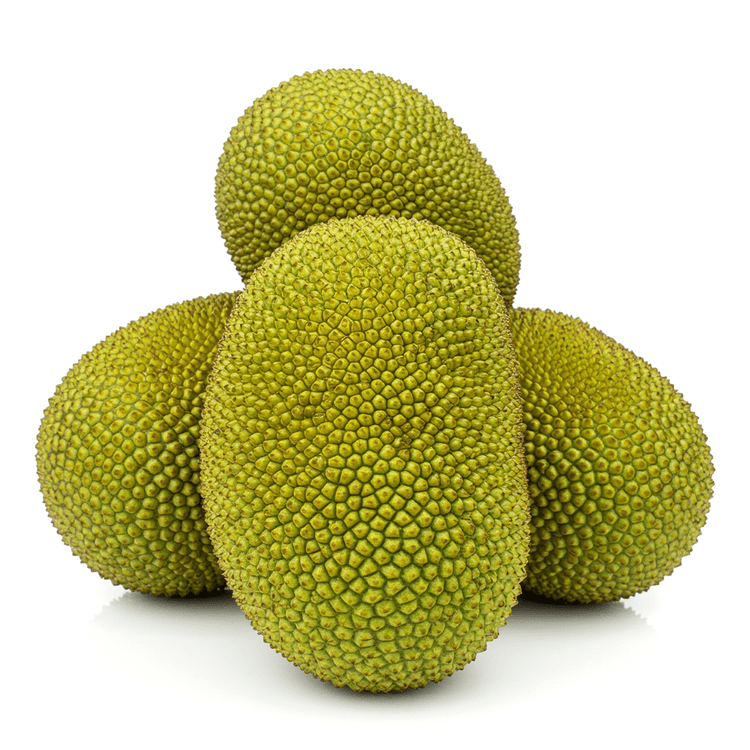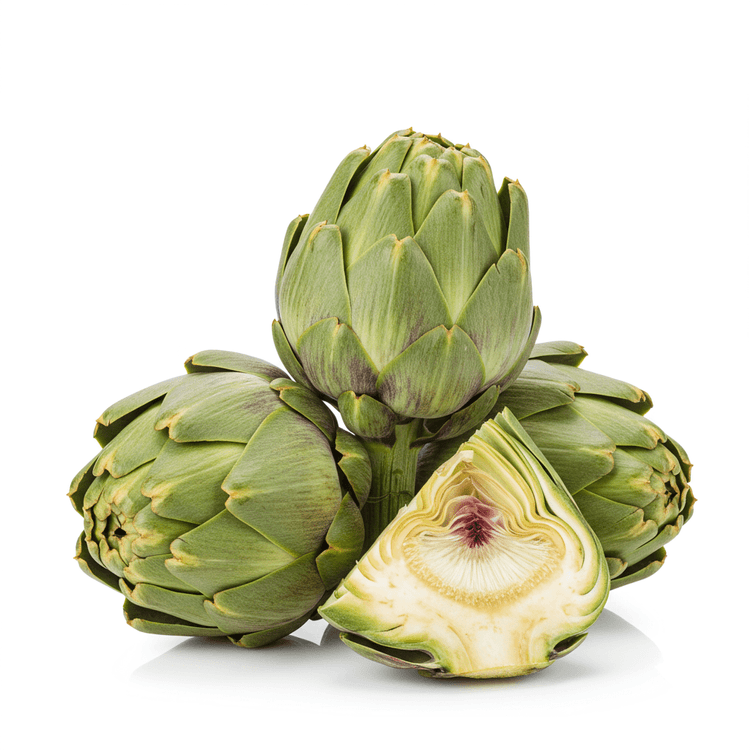
Artichoke Heart
Artichoke hearts are the tender, edible core of the artichoke, prized for their delicate, slightly sweet, and nutty flavor. They have a smooth, almost creamy texture when cooked, and a pale, off-white to light green color. Often sold canned, jarred, or frozen, artichoke hearts are a versatile ingredient, perfect for adding a touch of Mediterranean flair to your cooking. Explore countless artichoke heart recipes and discover how to prepare and cook these culinary gems for delicious appetizers, salads, and main courses. Canned artichoke hearts and marinated artichoke hearts are readily available for convenient use.
Common Uses
- Artichoke hearts add a gourmet touch to salads; Quarter or halve them and toss with mixed greens, vinaigrette, and other vegetables for a sophisticated salad with a mild, earthy flavor.
- Use artichoke hearts in dips, such as creamy spinach artichoke dip, providing a rich and flavorful base perfect for serving with crackers, bread, or vegetables.
- Incorporate artichoke hearts into pasta dishes; Slice or chop and sauté with garlic, olive oil, and other vegetables, then toss with your favorite pasta for a simple yet elegant meal.
- Artichoke hearts can be added to pizzas as a topping; Their subtle flavor pairs well with cheese, tomatoes, and other Mediterranean-inspired ingredients, offering a sophisticated pizza experience.
- Add artichoke hearts to frittatas and omelets for added flavor and texture; Their mild, slightly sweet taste complements eggs and other fillings perfectly, making for a delicious and nutritious breakfast or brunch.
- Marinated artichoke hearts are ideal for antipasto platters and charcuterie boards. They add an element of flavor and freshness that complements cheeses, cured meats, and olives.
Nutrition (per serving)
Nutrition (per serving)
Calories
60.0kcal (3%)
Protein
3.5g (7%)
Carbs
13.4g (4.87%)
Sugars
1.2g (2.4%)
Healthy Fat
0.2g
Unhealthy Fat
0.1g
% Daily Value based on a 2000 calorie diet
Nutrition (per serving)
Calories
60.0kcal (3%)
Protein
3.5g (7%)
Carbs
13.4g (4.87%)
Sugars
1.2g (2.4%)
Healthy Fat
0.2g
Unhealthy Fat
0.1g
% Daily Value based on a 2000 calorie diet
Health Benefits
- Rich in antioxidants to help combat free radicals and reduce oxidative stress.
- Good source of fiber, promoting digestive health and regularity.
- May help lower bad cholesterol levels, contributing to heart health.
- Contains prebiotics that support a healthy gut microbiome.
- Provides essential vitamins and minerals like vitamin C, vitamin K, folate, and magnesium.
- Low in calories, making it a healthy addition to a balanced diet.
Substitutes
Chefadora AI is here.
Experience smarter, stress-free cooking.
Storage Tips
Artichoke hearts, whether fresh or marinated, require proper storage to maintain their quality. Fresh artichoke hearts should be used promptly or stored in the refrigerator in an airtight container submerged in water with lemon juice to prevent browning; they will last for a few days this way. Marinated artichoke hearts should always be refrigerated after opening and consumed within a week for the best flavor and texture. Freezing is generally not recommended as it can affect the texture.
Marnirni-apinthi Building, Lot Fourteen,
North Terrace, Adelaide, South Australia, 5000
Australia
